For those suffering from addiction, reaching the point of asking for help takes a long time and some scary moments. The hardest part is often recognizing addiction rather than remaining in denial. For most, this means going through many cycles of wanting to quit and using again until they hit rock bottom. At that point, they are finally ready to seek out a drug rehab Hawaii treatment center.
Table Of Contents:
However, there are so many drug and alcohol addiction rehabilitation options in the state that the prospect of choosing one can be overwhelming, possibly to the point that the person changes their mind. That is why we have looked over rehab centers in Hawaii and selected the top seven drug rehab Hawaii treatment centers. These facilities are all well-reviewed and offer varied therapy methods, making it easy to find a good fit.
7 Of The Best Drug Rehab Hawaii Centers
Here we have compiled a list of the best alcohol and drug rehab Hawaii treatment centers that match our criteria. According to the criteria, all those rehab centers in Hawaii are included that offer the best and comprehensive treatment for mental and physical health as well as the wellness of the individual.
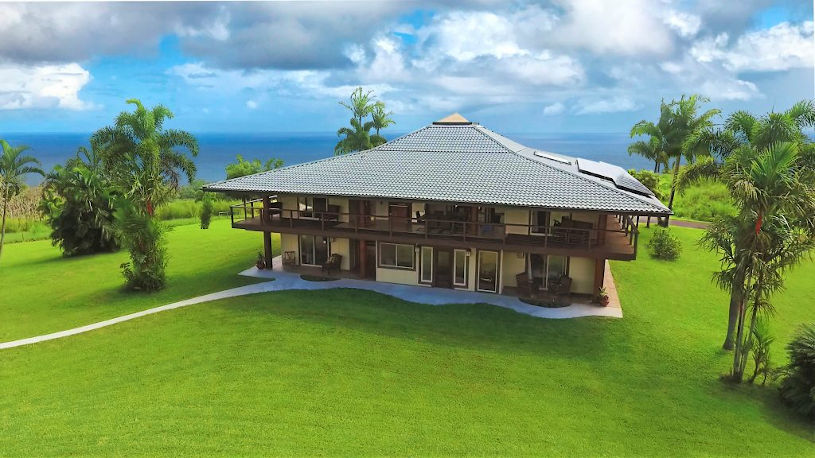
The Exclusive Hawaii, Hakalau, HI
The Exclusive Hawaii is, as the name implies, considered to be the most exclusive drug and alcohol rehabilitation center in Hawaii, offering an incredible location for its residential rehabilitation program. This facility creates individualized plans for every client who resides at the facility, ensuring that they are given therapies that work for them. This means taking into account everything from the substance they are using to the quirks of their personality.
Unlike most rehabilitation facilities, The Exclusive Hawaii does not rely on the traditional 12-step approach. For individuals who have tried such programs without success, the approach at this facility is an excellent alternative. The program focuses on patient inquiry rather than the therapists giving advice. Therapies used include Core Belief Restructuring, experiential therapy, holistic services, and mental health counseling. Medically supervised detoxification is also available.
The Exclusive Hawaii accepts personal payment as well as numerous private insurance companies for its drug and alcohol rehab in Hawaii.
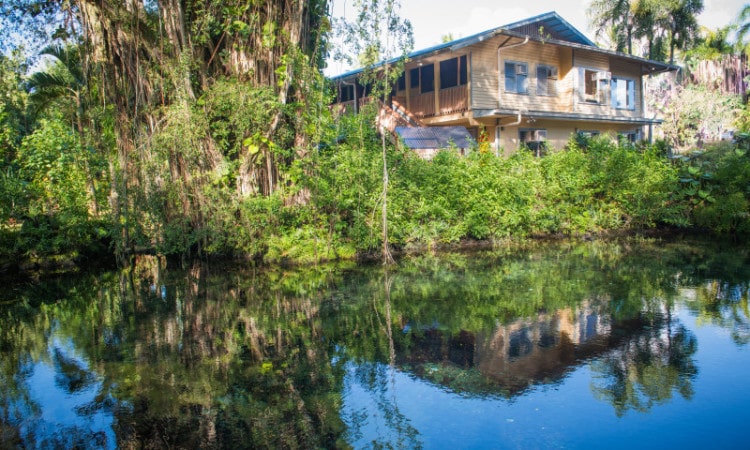
Pacific Quest, Hilo, HI
Pacific Quest is another unique rehabilitation treatment center in Hawaii. Like our top choice, it also rejects the traditional 12-step program; instead, it focuses on drug addiction education in an outdoor environment. Rather than calling residents patients, they call them students. This facility strictly offers residential treatment, primarily to adolescents though they do accept people of all ages.
The facility takes a neurodevelopmental approach to recovery, combining it with horticultural therapy, focusing on overall wellness, experiences in nature, and evidence-based therapies. The overarching goal is to build social, cognitive, and physiological function in a way that allows the patient to remain clean once they leave the facility, setting them up for continued growth. Length of stay at Pacific Quest is a minimum of 30 days.
Pacific Quest rehab center in Hawaii accepts private payment as well as payment through several major insurance plans.

Lokahi Treatment Center, Holualoa, HI
Our choices above strictly offer residential treatment programs. Although these programs deliver incredible results, not everyone can make residential treatment work for them. For those whose insurance does not cover residential programs or who have responsibilities that make it impossible to live on-site, Lokahi Treatment Centers are a quality alternative in Hawaii.
Lokahi Treatment Centers exclusively offer outpatient treatment. Their program includes psychiatric evaluations, counseling in individual and group settings, family counseling, and medication management, including the use of Methadone. A strong emphasis is placed on developing a sense of agency and personal responsibility in the patient, including identifying addiction triggers. In addition to their addiction treatment, they offer dual diagnosis treatment of co-occurring disorders, including anger management and domestic violence intervention.
Lokahi Treatment Centers accept private payments as well as some insurance plans.
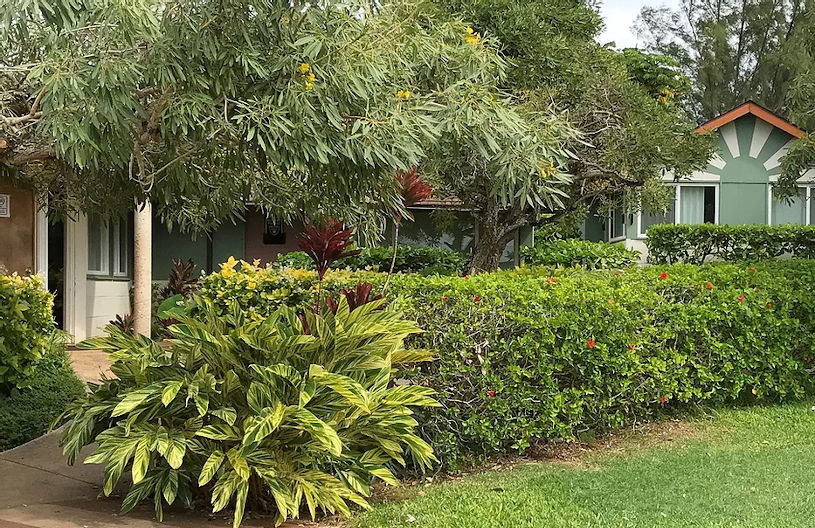
Bobby Benson Center, Kahuku, HI
Bobby Benson Center is actually a national chain of rehabilitation treatment facilities that were started to address the growing need for drug rehabilitation in adolescents. Patients who choose the Bobby Benson Center can opt for long-term residential treatment, short-term residential treatment, outpatient treatment, or a combination of residential and outpatient treatment. The center focuses on creating an environment that is calming and promotes introspection and personal growth.
Although the focus of Bobby Benson Center is the treatment of adolescents, they do accept patients of all ages. Because their program is designed with youth in mind, family therapy sessions are utilized in addition to group and individual therapies. While its program is developed around the 12-step model, the treatment plan is tailored to each patient to get the best results.
Bobby Benson Center is also one of the most accessible facilities in Hawaii. In addition to private pay and insurance, it also accepts Medicaid and Medicare.

Hawaii Island Recovery, Kallua, HI
HIR facility is a residential rehabilitation center that is exclusively for adults. The center offers comprehensive care that assists in rehabilitation from the start up until the patient is ready to enter recovery. Their slate of services includes detox, 12-step-based programs, holistic services, and experimental therapies. These are designed to address co-occurring disorders as well as chronic pain that many addicts deal with post-recovery.
In addition to care at the center, part of the program is a community-based group of volunteers looking at the donation box with clothes taking the patients out into the surrounding area to complete volunteer work and other programs. This is done under the supervision of the center’s staff. By doing this, HIR helps patients apply their knowledge in the real world before they go home.
Hawaii Island Recovery accepts private payment and multiple major health insurance plans to help facilitate treatment.

Hina Mauka, Kaneohe, HI
Hina Mauka has been serving the community for over 50 years through its evidence-based practices and well-structured treatment programs. Their programs cater for adults as well as youth. Through a wide range of treatment approaches, they help clients overcome their dependence on drugs and alcohol to ensure a long-lasting recovery and sobriety.
Their treatment programs include residential treatment services, psychiatric and medical services, outpatient and day services, family program, after-care program, and others. They also accept volunteers who assist the staff and clients in various services and support tasks.
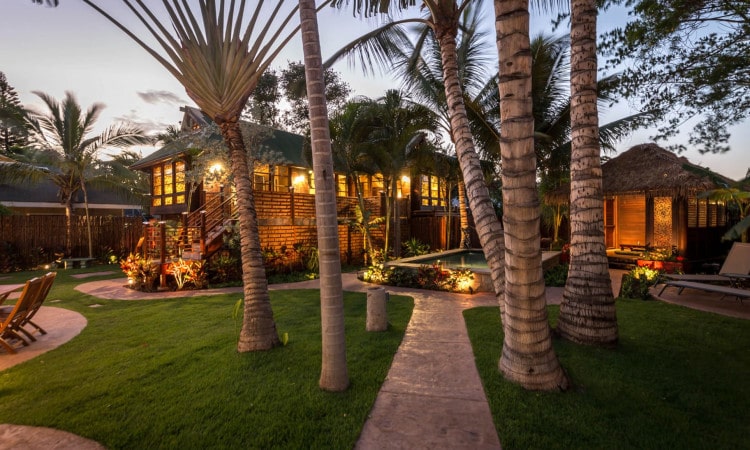
Maui Recovery, Kihei, HI
Maui Recovery offers a recovery program that combines the best evidence-based treatments with powerful and transformative holistic and experimental therapies to treat the client as a whole. In this rehab center, clients engage in healthy outdoor activities to promote physical and emotional well-being. Their residential program offers a serene and beautiful environment where clients learn to let go of their dependence in a sober and conducive environment.
The treatment therapies offered include EMDR, CBT, Motivational Interviewing, DBT, and MBSR. The experiential therapies include Adventure Therapy, Nature Immersion, Hero’s Journey, Surf Therapy, and Equine Therapy.
What Is Driving the Need for Drug Rehab in Hawaii?
Drug abuse has become a major topic in Hawaii and the United States at large, specifically the abuse of opiates. However, many wonder if this emphasis on drug use is more media hype than anything. In truth, people are using drugs more than in the past, with 9.4 percent of the population using an illegal substance in the last month. And this number does not include those who abuse legal substances, such as prescription painkillers, sleep medications like Lunesta, and alcohol. Overall, this paints a dire picture.
So, where does Hawaii stack up against the national average? According to research under the previous presidential administration, more Hawaiians use drugs on a monthly basis than the average American. The majority of this drug use is related to consuming marijuana, with Hawaiians use of other drugs being lower than the national average. As a result, the state also sees fewer overdose deaths than Americans at large.
Perhaps where drug use in Hawaii is most concerning is amongst the underaged. Hawaii ranks fourth in the nation when it comes to adolescent drug exposure. The most popular drug to use amongst this age group is marijuana, with nearly half of all high school students admitting they use the drug.
Diverse Drug and Alcohol Abuse Treatment Options in Hawaii
Over 5,000 people are enrolled in substance abuse treatment programs in Hawaii at any given time. While marijuana is the most commonly used drug in Hawaii, it is not the most commonly treated addiction in rehab. Instead, stimulant drugs are the top drug class that Hawaiians seek addiction rehab treatment for, with meth being the most commonly abused stimulant. In the vast majority of patients, there is polydrug use, usually the combination of a single drug with alcohol, though in some cases multiple drugs and alcohol are used, making treatment complex.
Hawaii subscribes to the international standards prescribed by the IC&RC. This means that their rehabilitation facilities are regulated in a manner that ensures their care is of high quality and exceeds the basic standards of care. While controlled, no two rehabs are the same, with each being free to take different approaches to the addiction treatment process as long as they meet the high standards of the state.
Some Drug Treatment Options in Hawaii are as Follows:
- Cognitive-behavioral therapy for changing emotional responses that lead to dysfunction
- Contingency management that puts plans in place for after rehab
- Medication-assisted treatment meant to give patients a pharmaceutical boost to their recovery
- Motivational enhancement therapy that works to eliminate apathy towards recovery
- Individual counseling for developing personal skills
- Group counseling for building a community
- 12-step program
The success of drug rehab in HI is on par with that of the country as a whole. While many believe that drug rehab does not work—usually because of how addiction is portrayed in the media—the truth is that it sees rates of success similar to the treatment of other diseases like hypertension, diabetes, and asthma. While rehab and recovery are hard work, the end results are worth it. With the help and the willingness to make a lifelong commitment, the patient is likely to see good results from rehabilitation.
Drug Abuse Statistics In Hawaii
According to the Crime Prevention and Justice Assistance Division of the state of Hawaii, Hawaii ranked fourth in the nation for high school students who were offered, sold, or given an illegal drug by someone.
Below are some more drug abuse statistics related to Hawaii:
In 2018 in Hawaii, 4.1% of drug overdose deaths involved opioids.
According to the SAMHSA report of 2010, an estimated 4% of adults aged 12 and above showed alcohol dependence, and an estimated 1.6% of people showed illicit drug dependence.
16.9% of the youth of Hawaii reported drinking before the age of 13.
According to Hawai’i State Epidemiological Outcomes Workgroup report, 15.5% of the youth of Hawaii have used marijuana before the age of 13.
Hawaii Drug Laws
The Alcohol and Drug Abuse Division is the primary source that offers services for the development and delivery of quality substance abuse prevention, intervention, and treatment services for the residents of the state of Hawaii. Hawaii classifies controlled dangerous substances into five groups based on the potential harm to the user.
The following table represents some of the drug classifications in the state and the corresponding Hawaii drug laws and penalties:
| Classification | Substances Included | Criminal Charges | Sentencing |
| Schedule I Drugs | Opium derivatives | Class A Felony | Up to 20 years in jail and up to $50,000 fine |
| Schedule II Drugs | Methadone and PCP | Class A Felony | Up to 20 years in jail and up to $50,000 fine |
| Schedule III Drugs | Only Zolazepam included | Class A Felony | Up to 20 years in jail and up to $50,000 fine |
| Schedule III Drugs | Lysergic acid and others except zolazepam | Class B Felony | Up to 10 years in jail and up to $25,000 fine |
| Schedule IV Drugs | Zolpidem and diazepam | Class B Felony | Up to 10 years in jail and up to $25,000 fine |
| Schedule V Drugs | Codeine, marijuana | Misdemeanor | Up to 10 years in jail and up to $25,000 fine |
Is Weed Legal In Hawaii?
Cannabis or weed is illegal to be used for recreation in Honolulu and other cities in Hawaii. If somebody is found to be in possession of marijuana, they will face criminal charges and sentencing. The following table shows a brief description of Hawaii marijuana laws, its possession, and criminal charges.
| Classification | Substances Included | Criminal Charges | Sentencing |
| Marijuana possession | Less than 1 ounce | Misdemeanor | Up to 30 days in jail and $1,000 fine |
| Marijuana possession | 1 ounce to 1 pound | Misdemeanor | Up to 1 year in jail and $2,000 fine |
| Marijuana possession | 1 to 2 pounds | Misdemeanor | Up to 10 years in prison and $25,000 fine |
| Marijuana possession | More than 25 pounds | Class A Felony | Up to 25 years in prison and $25,000 fine |
For Hawaii Residents, Addiction Can Be Overcome
Drug rehab Hawaii centers allow residents and out-of-state patients to develop the skills needed to overcome their addictions. With multiple high-quality rehab centers in Hawaii, finding the right fit is easy to do. As long as the patient is willing to do the hard work, they should find that they will not have alcohol and drug use continue to remain an issue. While recovery and relapse prevention will be a lifelong concern, drugs and alcohol will no longer control the patient’s life when they enroll in a Hawaii rehab center.
Hope Without Commitment
Find the best treatment options. Call our free and confidential helpline
Most private insurances accepted
Local Rehabs in Hawaii
Page Sources
- State of Hawaii Crime Prevention and Justice Assistance Division. (n.d.). Hawaii. https://ag.hawaii.gov/cpja/ccp/substance-abuse-prevention/data/
- Hawaii: Opioid-Involved Deaths and Related Harms | National Institute on Drug Abuse. National Institute on Drug Abuse. https://www.drugabuse.gov/drug-topics/opioids/opioid-summaries-by-state/hawaii-opioid-involved-deaths-related-harms
- National Survey on Drug Use and Health. (2014). Substate Report. Hawaii. https://www.samhsa.gov/data/report/hawaii-hi-1
- Hawaii Youth Substance Abuse Statistics. Health.hawaii.gov. (2018). https://health.hawaii.gov/substance-abuse/files/2018/02/Hawaii-County-Youth-Substance-28Nov17.pdf
- Hawaii Youth Alcohol Statistics. Health.hawaii.gov. (2018). Retrieved 12 June 2021, from https://health.hawaii.gov/substance-abuse/files/2018/02/Hawaii-County-Youth-Alcohol-28Nov17.pdf


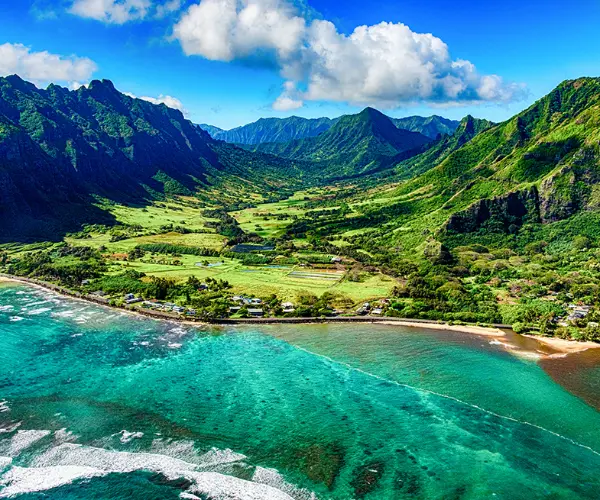

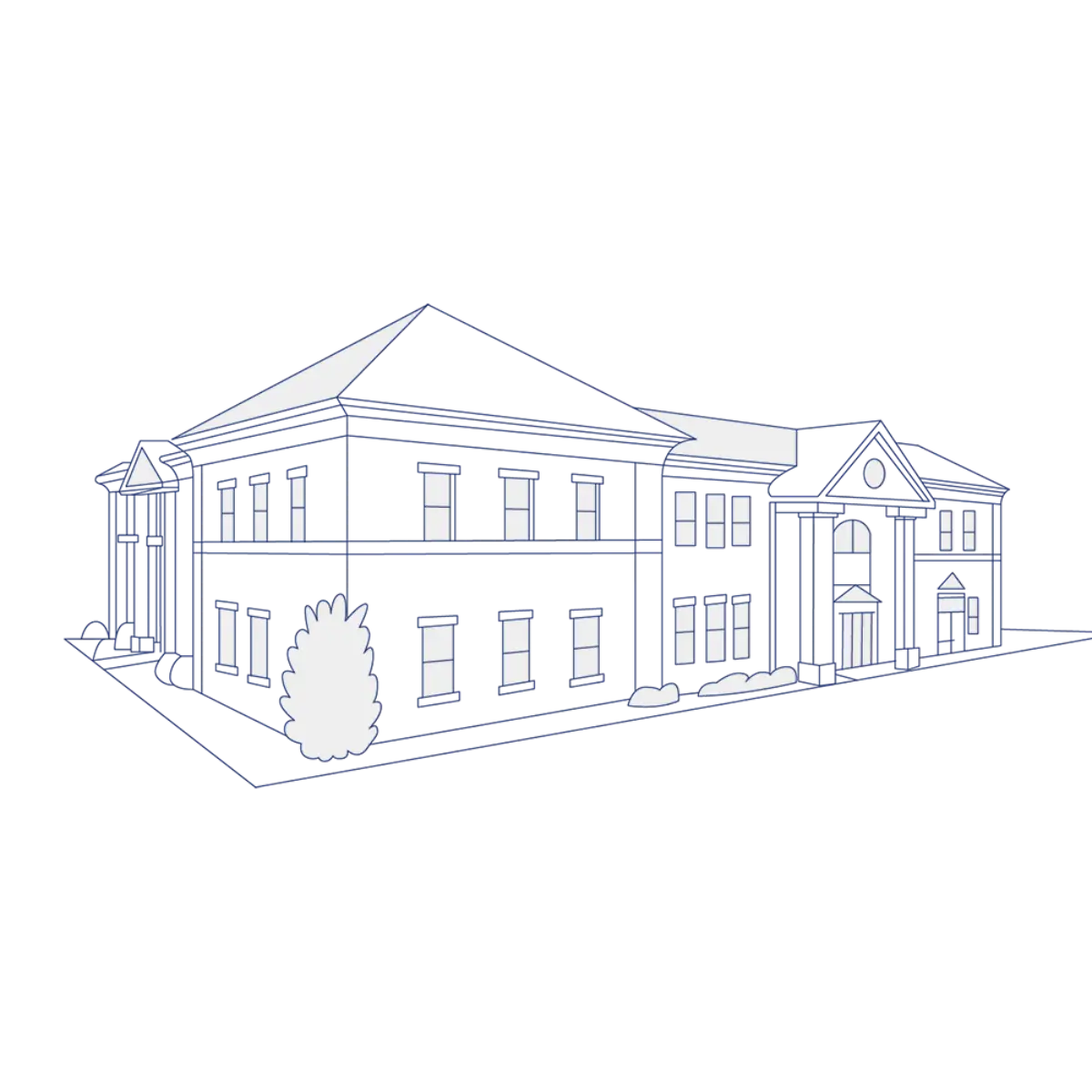
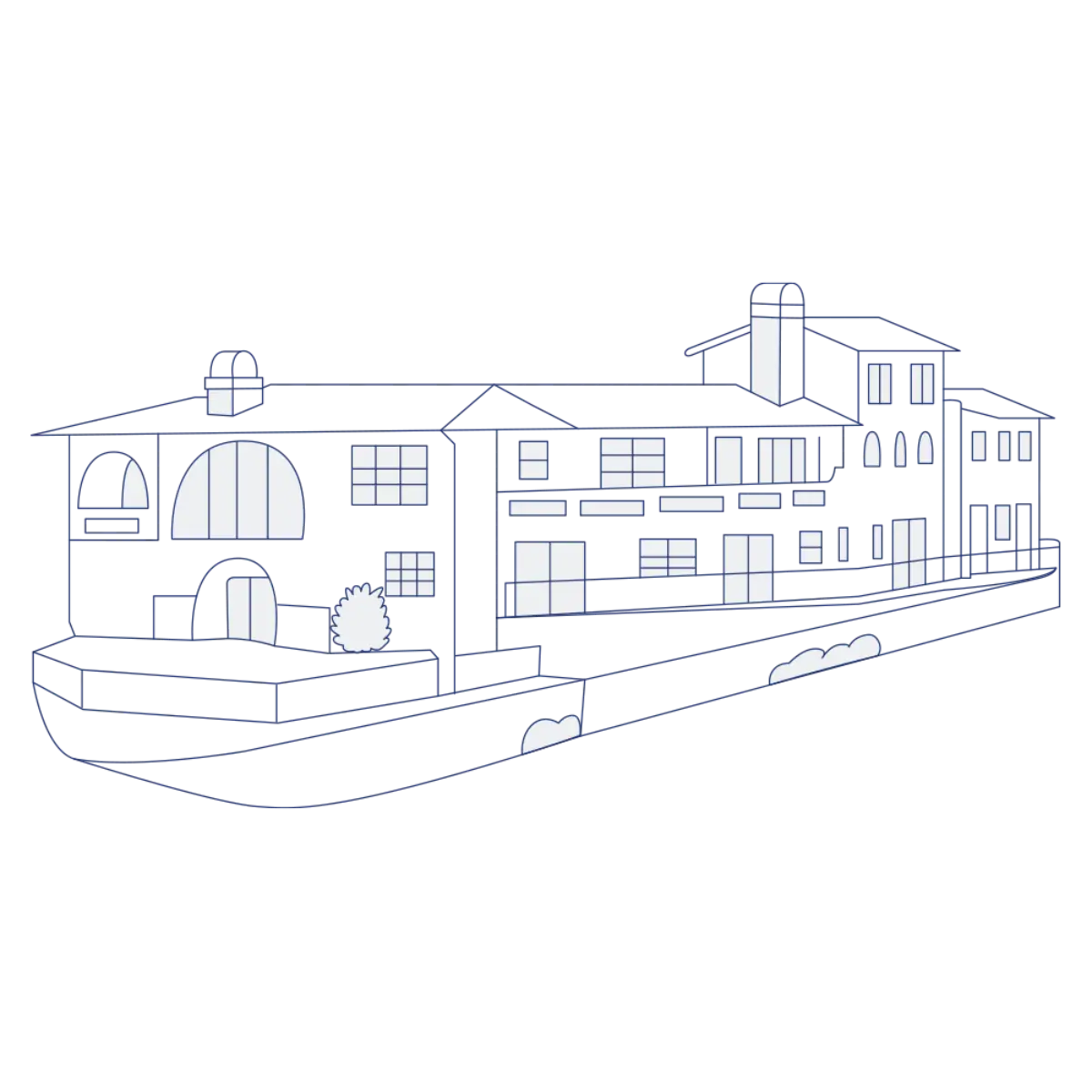
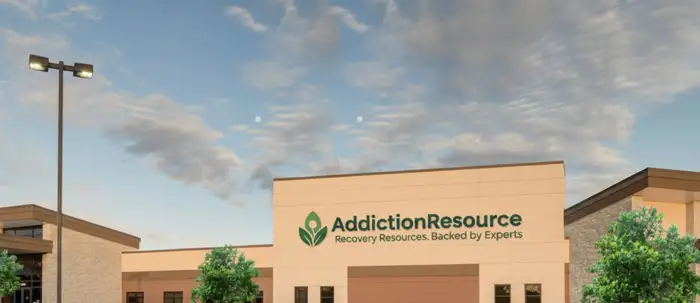
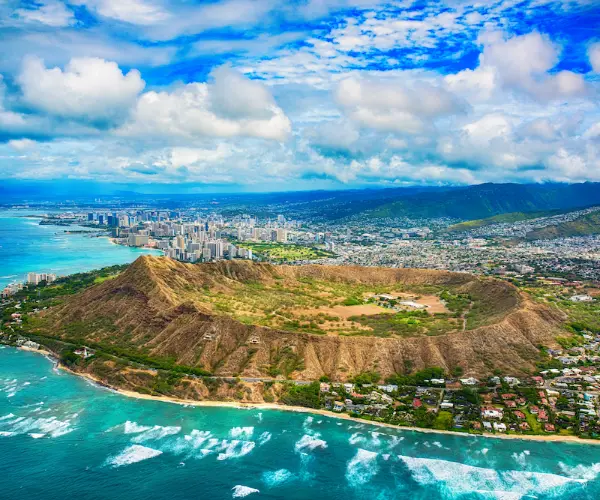













 FindTreatment.gov
FindTreatment.gov